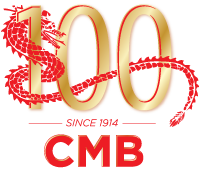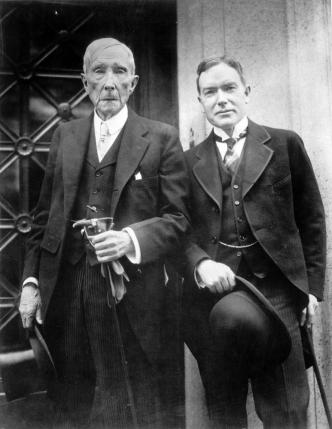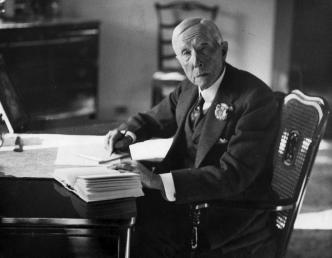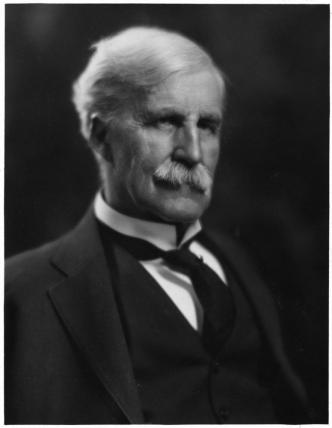China Medical Board launched as the second major program of the newly established Rockefeller Foundation to put the ideas of the China Medical Commission Study into practice.
John D. Rockefeller began his philanthropic activities in the early days of his success as a businessman and developer of the American petroleum industry. He originally took action through established avenues, especially the Baptist Church. However, in the 1880s, he began to help form new institutions, first focusing on creating new educational opportunities in America. Rockefeller’s funding led to the establishment of a number of universities and schools, including the University of Chicago, Spelman College, the first college for black women in the United States, and the Rockefeller Institute for Medical Research, which is known today as Rockefeller University.
In addition to these investments in education, Rockefeller had also been funding Christian missionaries throughout the world for many years, and he dreamt of a massive missionary campaign in China. His circle of advisors, however, recommended that he think more globally. They believed Rockefeller could benefit the world’s population more by seeking fundamental improvements in health and knowledge. Rockefeller, swayed by these arguments, began the Rockefeller Foundation in 1913, which was by far the largest philanthropy of its time and the first philanthropy ever with a truly global mission.
Rockefeller’s advisors, well aware of his interest in China, helped to create a subsidiary, the China Medical Board, within the first year of the Rockefeller Foundation’s operations. That board soon undertook the establishment of a medical college in China, which they informally called the “John Hopkins of China,” which would train future generations of Chinese students at the highest levels of Western science and medicine, with a focus on public health. In establishing Peking Union Medical College, the China Medical Board helped to create a generation of public health practitioners who had both strong scientific training and experience working with the people.
For more information regarding the history of the Rockefeller Foundation, please visit the Rockefeller Archive Center's Centennial website.
Fosdick, Raymond B. 1952. The Story of the Rockefeller Foundation. New York: Harper and Brothers.



